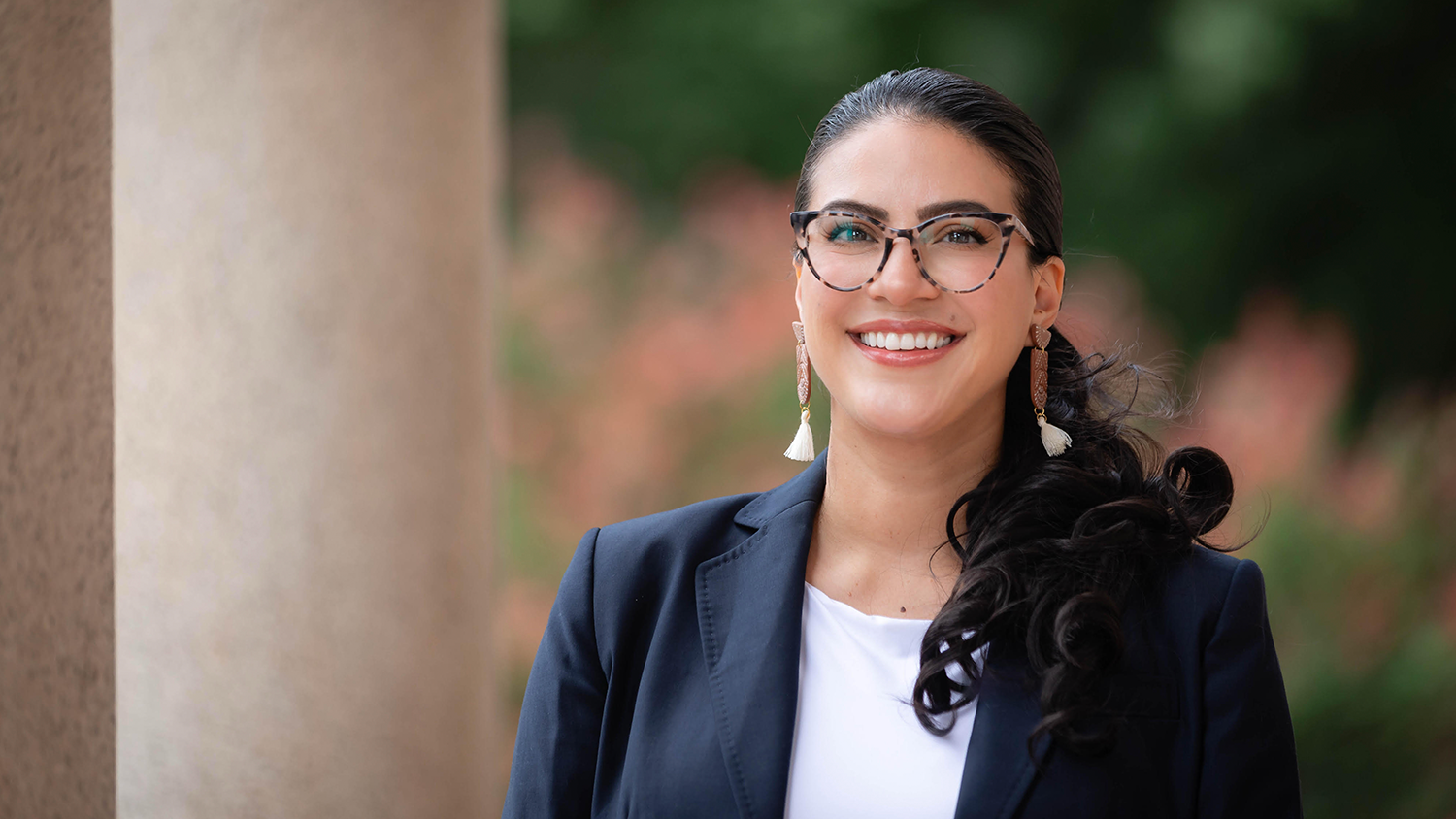A new study found a professional development program helped teachers in a rural school district in the Southeast to collaborate and identify innovative solutions to serve multilingual learners, or students learning English as a second language.
The study, published in the Journal of Research in Rural Education, suggests professional development can help prepare teachers in rural districts that have fewer resources and a growing need to support multilingual learners.
“Professional development is essential in rural communities, where you might not have resources for specialists like a literacy coach, bilingual school psychologist, or bilingual family engagement specialist,” said Maria Coady, Goodnight Distinguished Professor in Educational Equity at North Carolina State University and first author of the study.
“In this project, we provided a structure for collaboration and professional development, and this group of rock-star teachers learned together, supported each other, and came up with innovative solutions to their really unique needs together. They did things that we, as teacher-educators, never imagined.”
Researchers offered the professional development program for 22 middle and high school teachers in a single rural district. The district, which covers 1,000 square miles, has only one bilingual support staff member for each group of 25 multilingual students.
Researchers hosted six graduate-level courses across three years, starting with a course designed to help teachers think about questions they wanted to answer. In subsequent courses, researchers provided knowledge and resources to address those questions, including courses in teaching English to speakers of other languages; teaching in rural high poverty settings; teacher leadership and social change; and instructional coaching to enhance English learning.
“The very first course was a way for teachers to think about: What’s happening in my school, and what’s one question I really want to answer, such as how do multilingual students’ backgrounds matter in terms of my classroom instruction?” Coady said. “Then, we’re providing tools, knowledge and resources to help them unpack and understand those problems so they can know how to find answers to their questions, and be their own best resources, with support.”
Researchers found the professional development led to collaboration among the teachers that ultimately benefitted multilingual learners. The courses helped teachers learn about students’ cultural and linguistic backgrounds, home literacy practices, learning styles, and what they liked to do. Those findings made a difference in the types of assignments the teacher created, and allowed them to connect to students’ strengths to improve their learning.
“The study opened up a space for educators to build relationships with each other, which was essential,” Coady said. “They also realized what their own linguistic resources were in the community, and built extensive relationships with kids and families – they learned what it was that rural families did, what they needed and what they could expect when a child went home at the end of the day.”
Coady said NC State’s College of Education will be offering certificate and master’s level degrees to help educators find solutions for working with multilingual learners. In addition, researchers, like Coady, aim to work directly with more school districts to address solutions for multilingual learners.
The study, “‘It’s Like Fuel:’ Igniting Rural English Learner Education Through Place-Conscious Professional Development,” was published in the Journal of Research in Rural Education. Co-authors included Nidza Marichal, Aleksandra Olszewska, Raisa Ankeny, Andrew Long, Hamed Shafiei and Riya Chakraborty. The study was supported by the US. Department of Education Office of English Language Acquisition National Professional Development grant No. TZ365Z160094.
-oleniacz-
Note to Editors: The study abstract follows.
“It’s Like Fuel:” Igniting Rural English Learner Education Through Place-Conscious Professional Development
Authors: Maria R. Coady, Nidza Marichal, Aleksandra Olszewska, Raisa Ankeny, Andrew Long, Hamed Shafiei and Riya Chakraborty
Published: March 2023, Journal of Research in Rural Education
DOI: 10.26209/JRRE3901
Abstract: Rural schools and communities across the United States are increasingly diverse—linguistically, racially, and culturally. As rural schools experience this diversity, the need for well-prepared educators (teachers, leaders, counselors, and coaches) has continued to grow. This three-year study consisted of a place-conscious educator professional development program aimed to support rural English learners (Els) and their families. Participants engaged in six hybrid graduate level courses with onsite meetings, coaching, and classroom support. Data for this study derived from participating educators’ coursework, focus groups, material archives, observations, and fieldnotes. Data were analyzed following open and axial coding techniques, collapsed into categories, and merged into themes. Data indicated that the collaboration that emerged from the professional development was relational, equal, and synergistic in nature. This collaboration appeared to be pivotal in creating and implementing new supports for ELs and more equitable education for EL students and families.
This post was originally published in NC State News.
- Categories:



